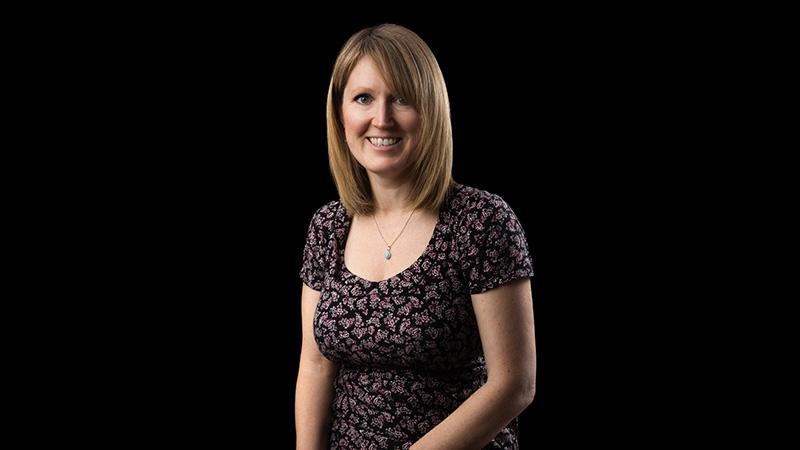Professor Catherine Loveday, Professor on the Cognitive and Clinical Neuroscience BSc Honours course, appeared as a guest on BBC Radio 4’s All in the Mind programme about the effect of sleep on the brain.

A recent study by Kings College London about the effect of space travel on our bodies has captured changes in brain images, disrupted sleep rhythms and mood changes and cognition, on participants in microgravity simulators. The study has also had implications for understanding the long-term effects on the brains of COVID-19 patients supported on ventilators.
Professor Loveday said: “Sleep is a really active process. We tend to think of ourselves as chilled out, lying in bed, but actually, there’s an awful lot going on that’s really important for our memory consolidation. And there’s a big cleaning up process that goes on as well. I was reading a piece of research that showed that the glial cells, the non-neurons in our head, they shrink by up to 60 per cent to allow all of the cerebrospinal fluid (CSF) to kind of swirl around and clean it all out. It’s a really important task that’s going on while we’re asleep.”
About the study, Professor Loveday said: “The non-REM deep sleep that they’re talking about [in the study] is so crucial and if we can understand ways of trying to improve it then that’s going to have an impact on people with neurodegenerative diseases and people in old age.”


